Do you have any plans to visit Japan? Are you interested in the Japanese language? If so, I’d like to introduce some expressions that make you sound elegant, polite, and sophisticated.
Gokigen-you(ごきげんよう)
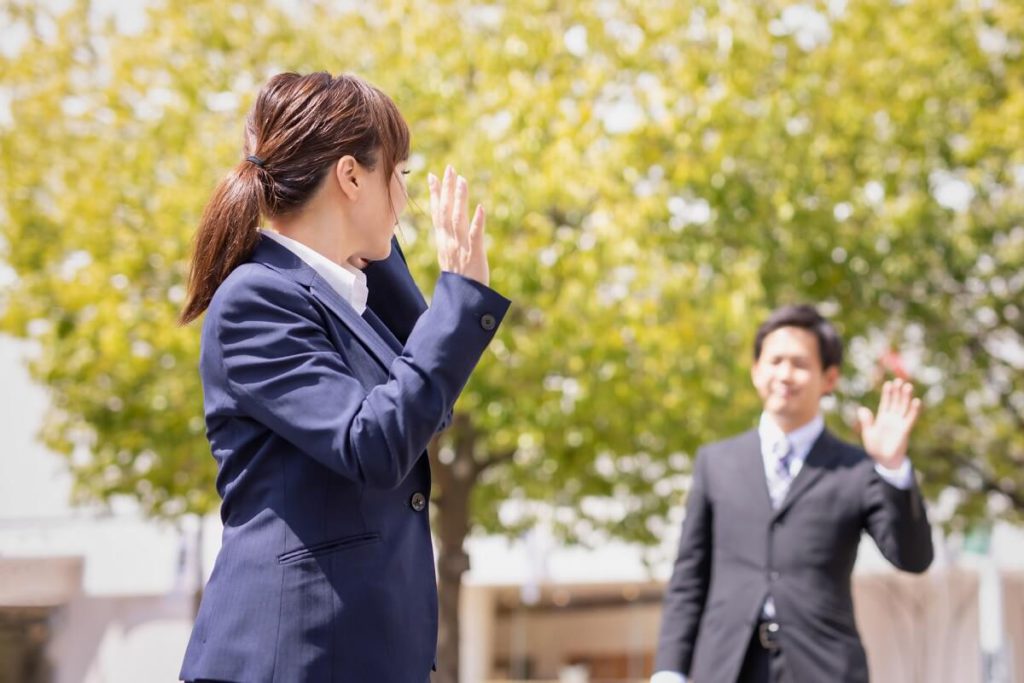
“Gokigen-you” is a greeting for wishing good health for the other person when you meet or say “Goodbye”. The word is an abbreviated form of “How are you today?” or “Take care. Have a nice day.”, so it can be used as a versatile greeting. It’s rumored to have been used by women of the Imperial court, and because of its elegance, there are a few schools in Japan which require it as a greeting among students. In the business world, there are commonly used phrases, so “Gokigen-you” is rarely used. Socially, it may be used when you want to leave before other attendees. Avoid using it when leaving somber places such as funerals or hospitals as it is not the right word. Also, “gokigen-you” is a word with a feminine image, so men rarely use it.
Examples:
- Gokigen-you, ikaga osugoshi deshitaka?(ごきげんよう、いかがおすごしでしたか?)
It’s been a while. How have you been? - Gokigen-you, sayounara.(ごきげんよう、さようなら)
Take care. Have a good day. Goodbye.
Osore irimasu(おそれいります or 恐れ入ります)

Osore irimasu is a phrase that expresses feelings such as being grateful, being sorry, or being ashamed. It can be used in a wide range of situations, but the meaning differs depending on the context. Osore irimasu expresses humble gratitude for the kindness that the other person has shown. Osore irimasu before asking for something or calling out to the other party has a meaning of “Excuse me.”
Examples:
- When someone kindly picks up the ticket you dropped, you can say “Osore irimasu” instead of “Arigatou(ありがとう)=Thank you.” It sounds more polite and elegant than “Thank you”.
- Osore irimasu. 〇〇 hoteru wa doko desuka?(おそれいります。〇〇ホテルはどこですか?)
Excuse me. I hope I’m not disturbing you, but could you tell me where 〇〇hotel is?
Otesuu desuga(おてすうですが or お手数ですが)

Otesuu desuga has a meaning of “sorry for inconveniencing you.” When you ask someone for something, instead of asking them directly, adding words of concern about the other person will ease the feeling of the recipient. Otesuu desuga is very useful as a cushion word. The meaning of “tesuu” here is “labor for others”. So Otesuu desuga expresses a feeling of gratitude and apology for the time and effort that the other person will spend for you.
Examples:
- Otesuu desuga, mizu wo itadake masuka?(おてすうですが、みずをいただけますか?)
I’m sorry to trouble you but can I have a glass of water? - Otesuu desuga, eki e no michi wo oshiete itadake masuka?(おてすうですが、えきへのみちをおしえていただけますか?)
I’m sorry to bother you but could you tell me how to get to the station, please?
Ainiku(あいにく or 生憎)
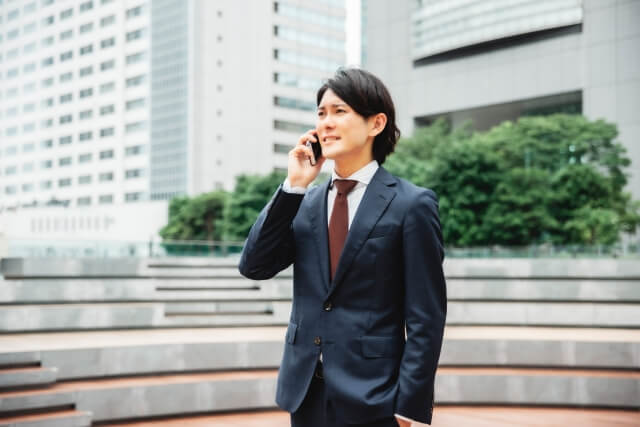
Ainiku is a polite way of saying “unfortunately”, “I’m sorry but…”, or “I’m afraid that…” Ainiku expresses a feeling of regret that we cannot meet the expectations of the other party. You shouldn’t say this when you actually inconvenience a person, but it can be used for situations which are not your fault yet you want to express a slight apology. For example, you can use it when the schedule presented by the other party is not convenient for some reason, or when you have to turn down an invitation. In such a situation, it’s not your fault but the word can contain nuances that lightly apologize for not meeting the expectations of the other party. You can use it with the meaning of “unluckily”
Examples:
- Ainiku sono hi wa yotei ga ariasu.(あいにくそのひはよていがあります。)
Unfortunately, I have plans for that day. - Ainiku, ima kozeni ga arimasen.(あいにく、いまこぜにがありません。)
Unfortunately, I have no small change now. - Ainiku ame ga huttekita.(あいにくあめがふってきた。)
Unluckily, it started raining.
Osaki ni douzo(おさきにどうぞ or お先にどうぞ)

Osaki ni douzo means “After you.” or “Go ahead.” It’s very simple, but a standard expression when giving up a turn to the other party. This is the most polite phrase in this context.
Examples:
- You can use “Osaki ni douzo” as “Ladies first.”
- You can say “Osaki ni douzo” to elderly people when you get on a bus or train.
Shitsurei shimasu(しつれいします or 失礼します)

Shitsurei shimasu means “Sorry to bother you.” It can be used when going in and out of the room as a greeting, or you can say it as “Excuse me.” when you call out to someone. It can also be used when you leave the other party.
Examples:
- Shitsurei shimasu. Kore wa anata no desuka?(しつれいします。これはあなたのですか?)
Excuse me. Is it yours? - Korede shitsurei shimasu.(これでしつれいします。)
I’m sorry, but I have to go now.
These are polite expressions in both social and business situations. If you have a chance to come to Japan, why not use them? You will sound elegant and cool!
Osore irimasuga, korede shitsurei shimasu. Gokigen-you, Sayounara.
I’m sorry, but I need to wrap up my blog around here. Take care and have a nice day, bye for now!
A physical therapist in charge of rehabilitation at a hospital. I was born and raised in Ichijoji, Kyoto. My dream is to practice rehabilitation with foreign patients in fluent English so as to make them feel comfortable and at ease.

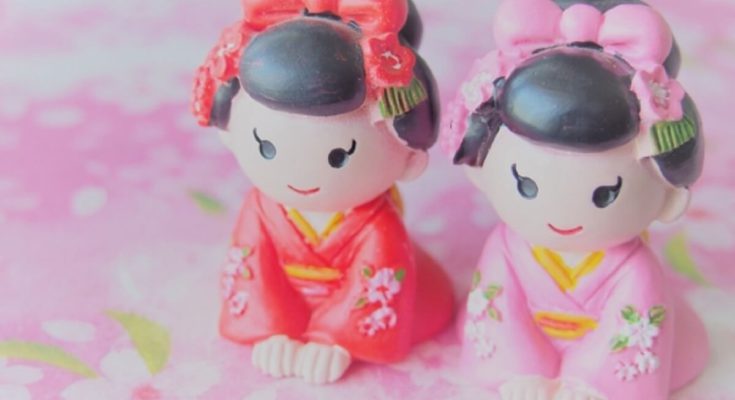

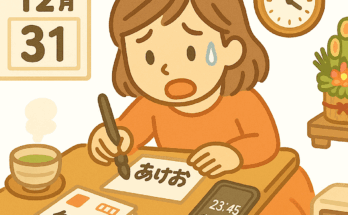
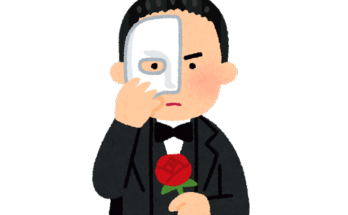
 HTJ has a YouTube page! Check it out
HTJ has a YouTube page! Check it out
How great article it is!!
Unfortunately, today(6/6) is raining so hard, but I’m going to read other articles in my room and take it easy. Gokigenyo☺️
Thank you for taking your time to read my article, Milky. I know today’s your precious day off. Mine is also on Mondays, usually. Let’s enjoy our rainy day off!
Hi, Yumi san!
How have you been?
Thank you for sharing beautiful and useful Japanese.
I’m an Osaka-no-Obachan, so I haven’t used “Gokigenyou” and “Osore irimasu” , ha ha!!
Those sound very elegant!!
I can imagine you use those words well!!
Thank you for your nice review, Akiko-san! I’ve never used “Gokigenyou”. But I’ve heard that some schools use it as daily greetings. i’d rather say “Oideyasu” and “Hona gomenyasu” as greetings. lol
Yumi san,
Oh, really!?
I thought you used “Gokigenyou” nicely!
Using it in schools is also interesting.
I heard that some Christianschools use it. It sounds gracious, doesn’t it?
The text here says “Gokigen-you is a greeting for wishing good health for the other person when you meet or say Goodbye”. 機嫌(きげん) means mood. There is nothing in the expression about health.
Thank you for your comment, but actually, 機嫌 means not only mood but also health and safety. If you have more concerns, I’d appreciate it if you look it up in Japanese dictionaries.
You just tried to mansplain a Japanese person lololol
Thanks for this very helpful article. I wish I`d read it years ago, but never mind, I`ll try to start using some of these cool and elegant-sounding phrases from now on! Thanks for taking the time to explain everything so well. The example sentences are very helpful.
Thank you very much for your nice comment. I’m happy you like it. Those expressions sound obsolete for younger generations, but I think it’s helpful if you can use those expressions in business scenes. Thank you again!